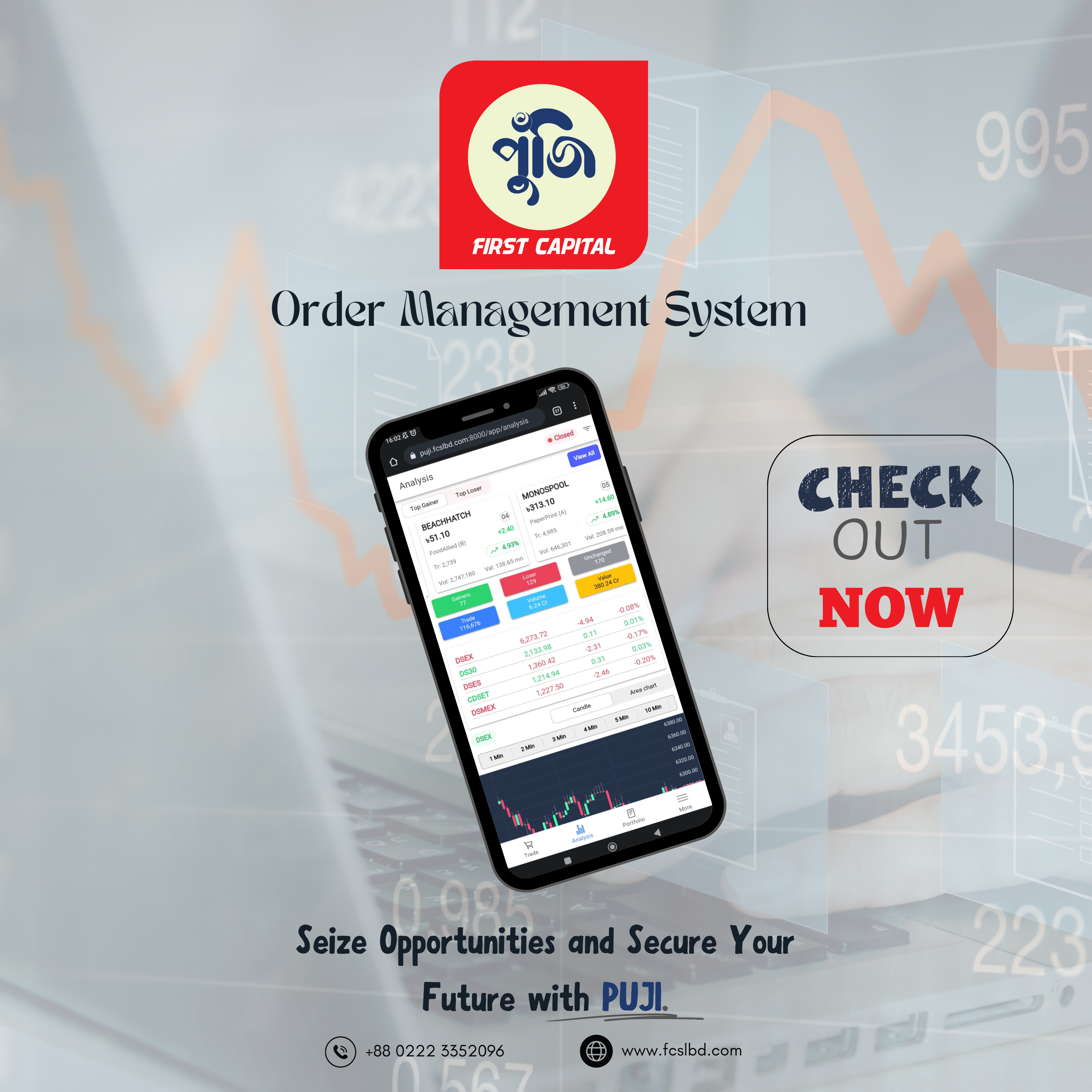Inflation, a depreciated taka, and soaring energy prices appear to have adversely impacted a majority of listed multinational companies. Eight out of 13 have reported a decline in their business performance in the July-September quarter of this year, as opposed to the preceding April-June quarter.
Additionally, the challenge of opening letters of credit (LC) due to a shortage of foreign currency has exacerbated their predicament. As a result, many of them were unable to operate their factories at full capacity, according to an industry insider.
The companies that saw lower profits are Grameenphone, British American Tobacco, LafargeHolcim, Marico, Berger Paints, Singer, and HeidelbergCement. Bata Shoe fell into a loss of Tk1.62 crore in the September quarter, from a profit of Tk30 crore in the previous quarter.
On the other hand, Robi Axiata, Unilever Consumer Care, Linde Bangladesh, and Reckitt Benckiser posted profit growth. The profit of RAK Ceramics remained unchanged in the September quarter, compared to the June quarter.
In terms of revenue, the multinationals that witnessed decline are British American Tobacco, Singer, Berger Paints, LafargeHolcim, HeidelbergCement, Marico, RAK Ceramics and Bata Shoe.
The ones that posted higher revenue are Grameenphone, Robi Axiata, Reckitt Benckiser, Linde Bangladesh, and Unilever Consumer Care.
Owing to the business slowdown, 12 companies failed to declare interim dividends for the first three quarters of this year. However, Bata Shoe has declared a 330% interim cash dividend for the period.
Companies’ insights
British American Tobacco’s net revenue declined to Tk1,872 crore because of a 38% quarter-on-quarter decline in the sale of its cigarette sticks.
Regarding Grameenphone’s third quarter performance, its Chief Executive Officer Yasir Azman said at an investors’ meet, “Revenue growth momentum continued in the third quarter of 2023 riding on data segment.”
LafargeHolcim’s CEO Iqbal Chowdhury told The Business Standard, “Although our quarter-on-quarter performance fell, we did well in the January to September period of 2023, compared to the same period of 2022, even in the face of economic challenges.”
RAK Ceramics stated in its financial statement that its profit margin reduced because of lower sales and higher cost of goods sold.
The company blamed higher prices of gas and electricity, foreign currency volatility, and higher cost of raw materials and freight caused by a global supply chain disruption for its soaring cost of goods sold.
Robi Axiata’s Managing Director Rajeev Sethi said “Continuous investment in network development is driving customer confidence in Robi, as evidenced by the addition of 1.2 million new customers in the third quarter. With a solid financial foundation, significant investments in the 4G network, and innovative services, we are moving forward in the right direction as a company.”
Unilever Consumer Care said in its financial statement that despite significant increase in raw and packing material costs and a marginal drop in revenue, profit has improved due to efficiency in operating expenses, one-off benefit coming out of reassessment of past liabilities and obligations, and one-off waiver of technical assistance fee and royalty granted by the parent company for 2023 considering current economic condition of the country.
Multinational companies borrow dollars from their parent companies, which could help them to import raw materials amid the country’s foreign currency shortage, the company stated.
inflation / MNCs / Multinational companies
Source: https://www.tbsnews.net/economy/inflationary-pressure-erodes-business-most-multinationals-730642





